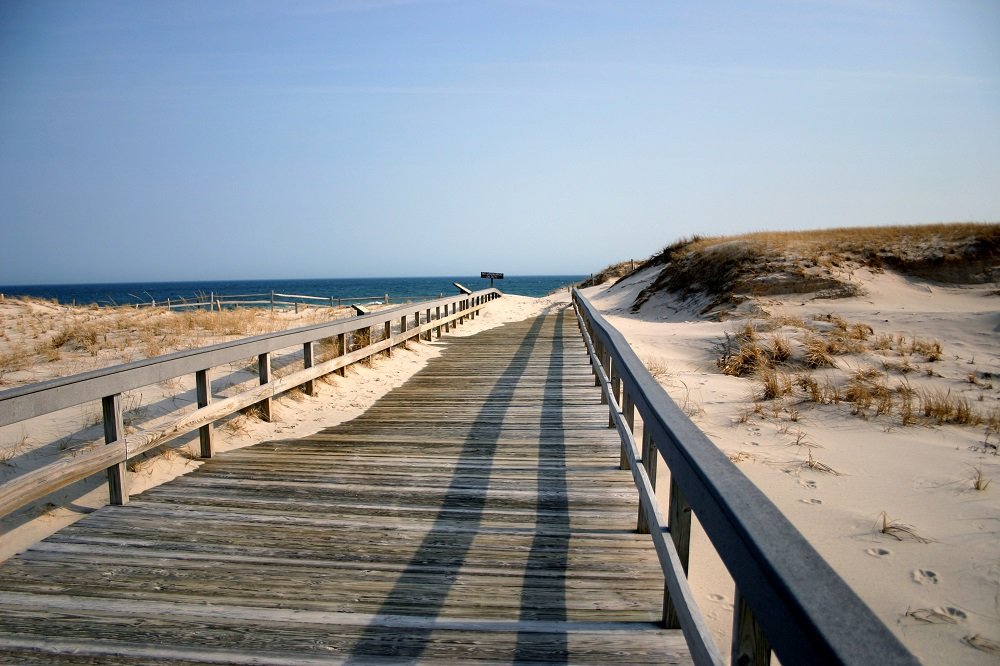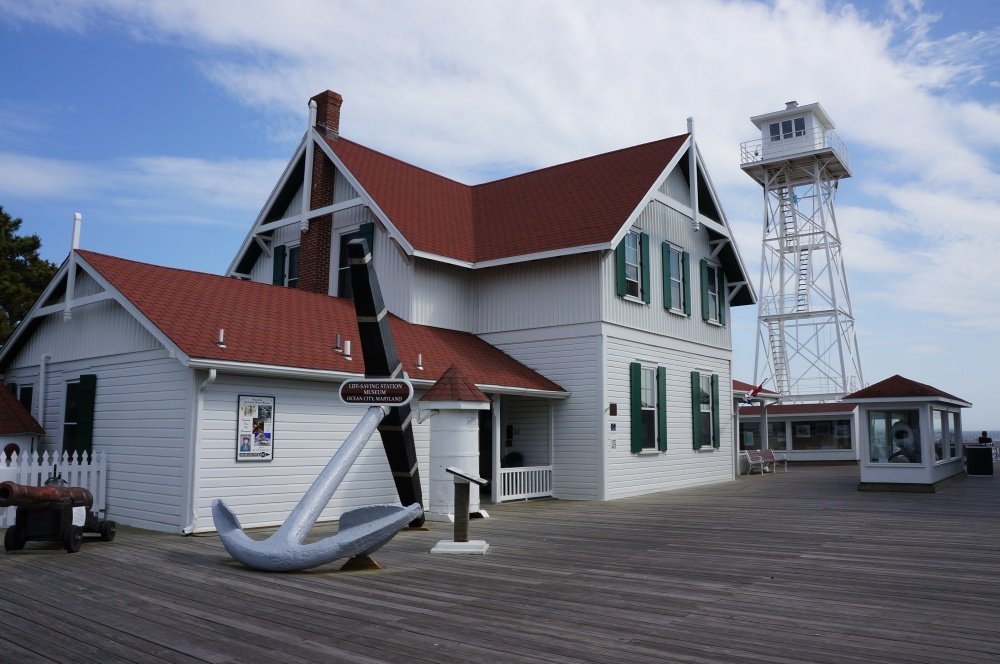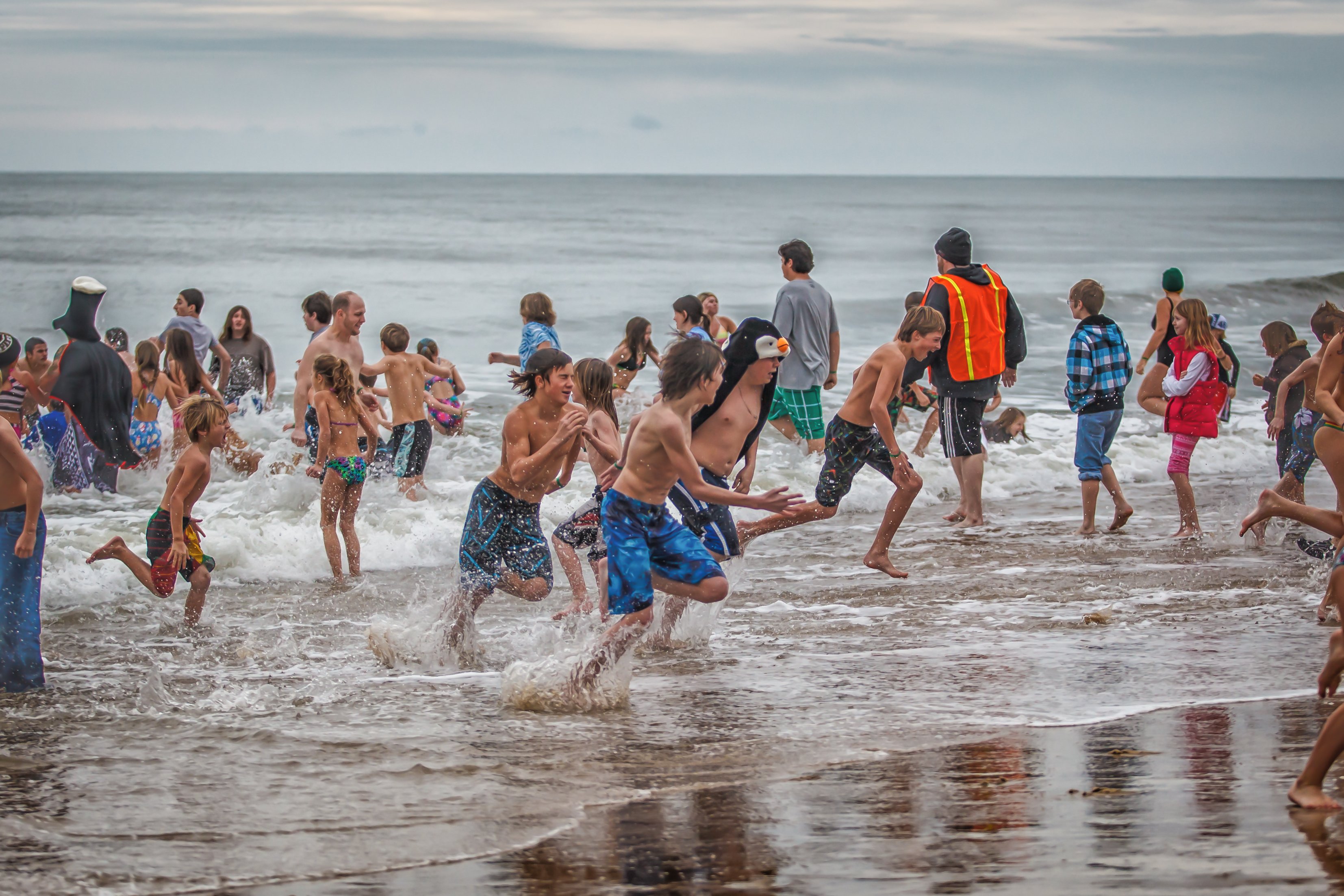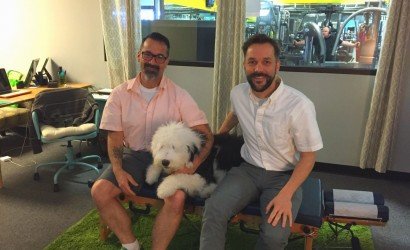“The world is one big family; we can’t be isolated and forget others.”
As we move into that time of year when we think less about ourselves and more about giving back, we find ourselves reflecting on the bigger world picture more and more. In that same spirit, we couldn’t resist going to see Arun Gandhi speak Thursday evening at Salisbury University. Gandhi, grandson of Mahatma Gandhi, presented a lecture on peace and the unfortunate expansion of violence that is pervading our world.
Arun Gandhi grew up in apartheid South Africa. In a time and place already teeming with racial prejudice, Gandhi received increased discrimination because he was neither “black” nor “white.” As a result, the young man grew angry and hateful. It was decided that in order to calm his rage, Gandhi would live with his grandfather, Mahatma Ghandi, and learn from his teachings.
Arun Ghandi was also growing up during a particularly violent period in India’s history, when the nation was fighting for independence from England. Gandhi learned firsthand from his grandfather’s peaceful, nonviolent ways, helping to transform his own aggression into activism. Arun went on to become a journalist for the Times of India and also contributed to many humanitarian journals and papers over his lifetime.
While living in India, Arun Gandhi and his wife also helped to raise and find homes for over 200 orphans. In 1987, he and his family moved to Rochester, New York where he and his wife wrote the book, The Forgotten Woman, about the massive strength and contributions of Mahatma Gandhi’s wife. Today Arun Gandhi continues to write and lecture about his grandfather’s teachings as well as helping to fund a school based on the Mahatma’s ideals.
Arun Ghandi is also the first resident Conflict Analysis and Dispute Resolution professor at Salisbury University. Because of his residency, students can take a class with Gandhi as their professor. The class teaches about spreading nonviolence and peace and culminates with a trip to India.
One story about the Mahatma that Arun Gandhi shared Thursday night occurred when Arun was walking home from school one day. The twelve year old decided that the pencil he used was too small for him and he threw it on the ground, believing his grandfather would provide him with a new one. However, when he asked for a new pencil, the Mahatma responded by asking why the pencil was too small and where had Arun thrown it? Arun answered his grandfather’s questions and then asked why he had interrogated him so; after all, his grandfather wasn’t going to make him go back and find the pencil…
But the young Gandhi was surprised to find that was exactly the plan his grandfather had in store for him. The Mahatma handed Arun a flashlight and instructed him to find the pencil that he had discarded hours ago. After about two hours, he recovered the pencil and returned home. However, his grandfather’s lesson had only just begun. The Mahatma told his grandson that he had committed two acts of violence, one against nature and one against humanity, simply by tossing away his pencil.
Because a pencil is made of natural resources such as wood, rubber, and various metals, Gandhi had wasted these resources when he had thrown his pencil away. He had also caused harm to other humans because he had wasted the pencil that other people could have used. His grandfather explained that affluence causes people to over-consume, causing developing nations to sink deeper into poverty. After telling him this, Arun was instructed by his grandfather to create a “genealogy of violence.” This is similar to a family tree but instead of family history, violence is the parent with passive and physical violence as the offspring.
With this genealogy posted on the wall, Arun was instructed to place his daily actions under one of the categories. His acts of physical violence were easier to recount because they included direct modes of injury. However, for his passive acts, Arun thought over his day’s events, and considered if each action had helped another human. If they had not, he considered the action harmful and thus a violent action. He soon found that his entire wall was covered with his violent actions. He was astounded at the amount of harm he had caused.
Another lesson Arun was taught was about the Seven Blunders of the World which are wealth without work, pleasure without conscience, knowledge without character, commerce without morality, science without humanity, worship without sacrifice and politics without principle. To this list of crimes humanity inflicts upon itself, Gandhi added his own blunder of rights without responsibility.
Arun Ghandi also highlighted the world’s interconnectedness during his lecture Thursday. For instance, there are 640 million children who do not have adequate shelter and 400 million who do not have access to clean water. However, the U.S. spends 8 billion dollars on cosmetics, Europe spends 11 billion on ice cream, Europe also spends 50 billion on cigarettes, 105 billion on alcohol, and 400 billion on narcotic drugs. Gandhi preached that by doing simple things to reduce these expenditures we could use the money we save to help those in need.
At the end of Gandhi’s lecture a young man from Germany named Davide performed an inspiring concert. Gandhi described Davide as someone who “as a young man has done more for humanity than I have in my whole life.” Davide first began playing to encourage nonviolence when he was in Istanbul, Turkey when a crowd seemed on the verge of escalating into a violent riot against police forces. As the tension mounted, Davide pulled out his piano and played in between the two crowds. He played for fourteen hours, at which time both sides stopped and listened. Because of his musical talents, Davide was able to effectively prevent a violent outbreak occurring that day.
Arun Gandhi’s lecture and Davide’s performance were true expressions of peace and have inspired us to bring a little bit of these ideals into our own lives…not just during the holiday season but all year round. Whether we stop drinking a soda every day to save that money for a better cause or simply act friendlier towards those around us, we can help prevent violence in our world one small step at a time.









